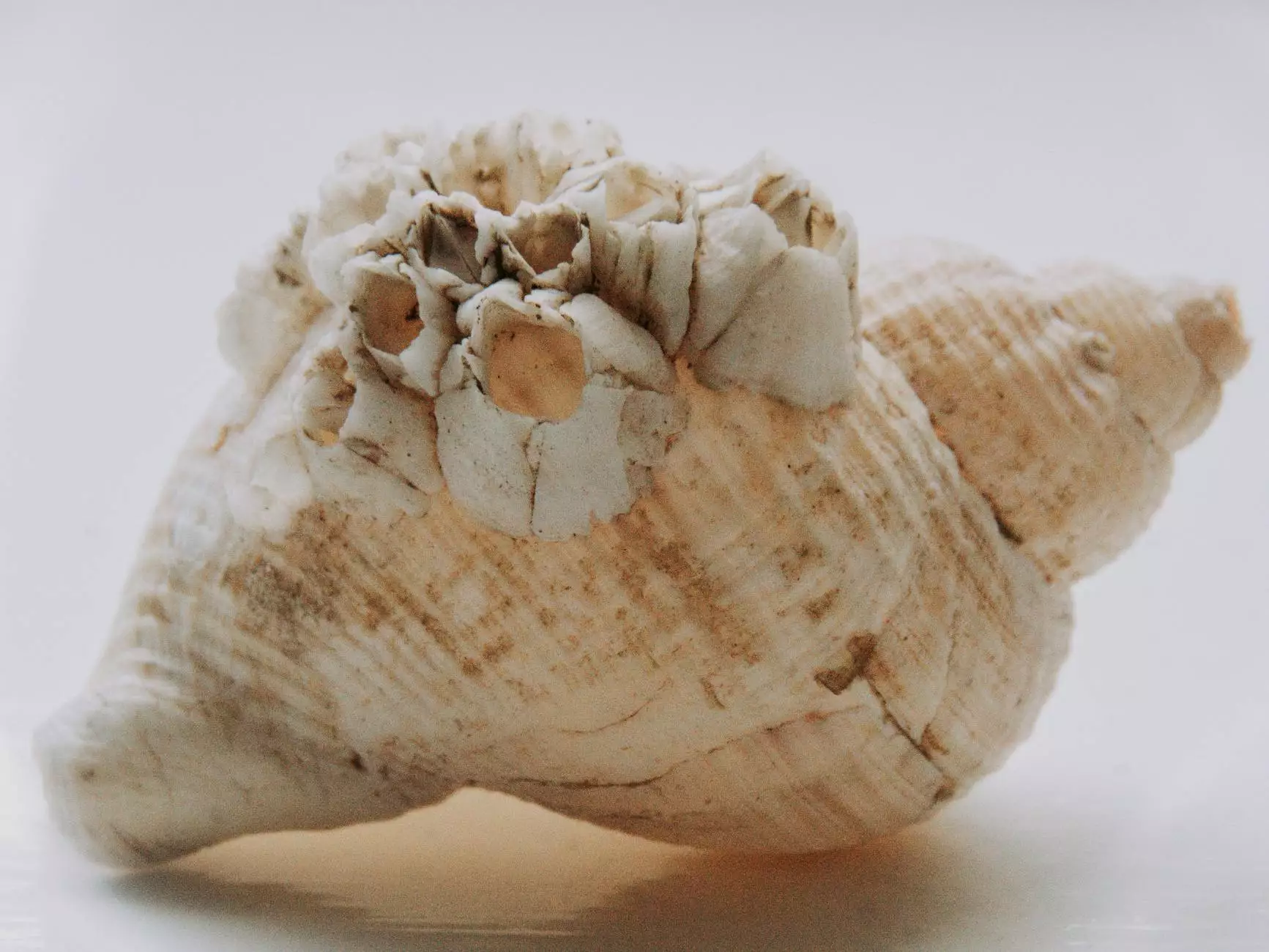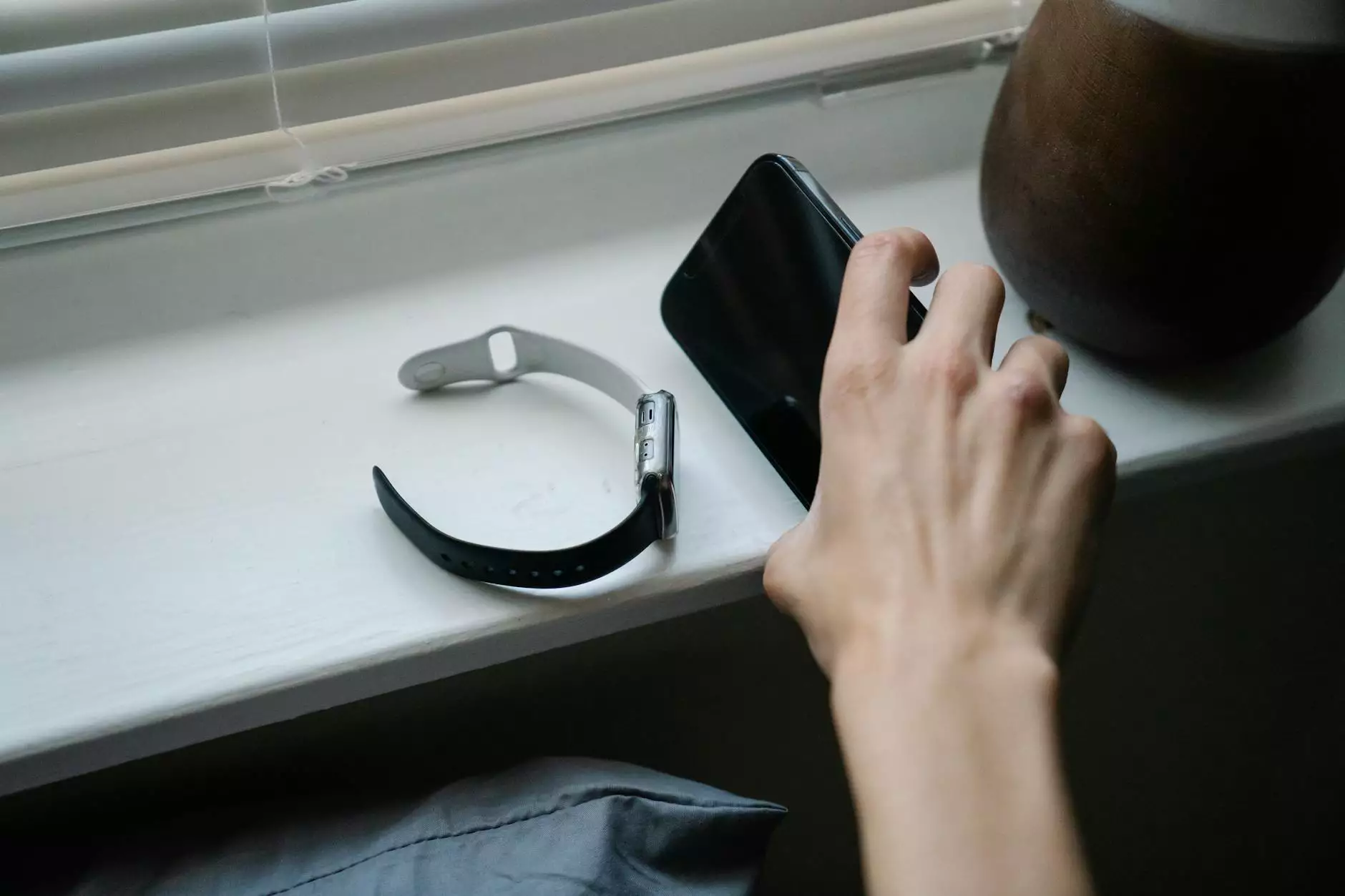Understanding Leg Swelling Below the Knee

Leg swelling below the knee is a common clinical issue that many individuals experience, yet its underlying causes can vary widely. This article aims to shed light on the potential reasons for fluid retention in this area, the implications it may have on your health, and when to seek medical professional help.
What Causes Leg Swelling Below the Knee?
Swelling in the legs can be attributed to a variety of conditions and circumstances. Here are some of the most common causes:
- Fluid Retention: This can result from prolonged standing or sitting, especially in hot weather or during pregnancy.
- Injury: Trauma to the lower leg, whether it be a sprain, fracture, or bruise, often leads to swelling as the body's natural response to injury.
- Venous Insufficiency: This condition occurs when the veins can’t pump enough blood back to the heart, often leading to swelling in the legs.
- Blood Clots: A deep vein thrombosis (DVT) can cause one leg to swell significantly and requires immediate medical attention.
- Heart Problems: Heart failure may lead to fluid accumulation in the body, notably in the legs.
- Kidney Diseases: Impaired kidney function can lead to an imbalance in sodium and fluid levels, causing swelling.
- Infection: Cellulitis or other infections can cause localized swelling, redness, and pain.
Recognizing Symptoms of Swollen Legs
When it comes to leg swollen below the knee, recognizing the accompanying symptoms is essential for determining the seriousness of the condition. Symptoms may include:
- Visible swelling or puffiness
- Discomfort or aching in the affected leg
- Changes in skin color or texture
- Increased warmth in the swollen area
- Limited mobility or stiffness in the joint
When to Seek Medical Advice
It is crucial to pay attention to swelling that persists or is accompanied by more severe symptoms. You should seek medical advice if you experience:
- Sudden swelling in one leg, which could indicate a DVT
- Severe pain or discomfort associated with the swelling
- Shortness of breath or chest pain
- Swelling that occurs after surgery or prolonged immobility
Diagnostic Approaches
Upon visiting a healthcare provider, they will typically conduct a thorough examination. Diagnosis may include:
- Physical Examination: Assessing the affected area for signs of swelling, pain, or discoloration.
- Ultrasound: This imaging test helps visualize blood flow and detect blood clots.
- Blood Tests: Measurement of kidney function, liver function, and electrolyte levels.
- X-rays or MRI: These may be used to check for fractures or other structural issues.
Treatment Options for Leg Swelling Below the Knee
Treatment will primarily depend on the underlying cause of swelling. Some common treatments include:
Medication
Anti-inflammatory medications, diuretics, and blood thinners may be prescribed based on the diagnosis.
Lifestyle Changes
Incorporating regular physical activity, wearing compression stockings, and elevating the legs can significantly reduce swelling.
Surgery
In severe cases of venous insufficiency or when a significant blood clot is detected, surgical interventions may be necessary.
Physical Therapy
Therapeutic exercises prescribed by a professional can improve circulation and reduce swelling.
Home Remedies
Several home remedies can also help alleviate minor swelling:
- Elevate the Affected Leg: Keeping the leg elevated can help reduce swelling.
- Compression Garments: Wearing compression stockings can aid in fluid retention management.
- Hydration: Drinking plenty of fluids can help maintain kidney function and reduce fluid retention.
Preventive Measures
To minimize the risk of developing leg swelling below the knee, consider implementing these tips:
- Maintain a balanced diet low in sodium.
- Engage in regular physical activity.
- Avoid prolonged sitting or standing; take breaks to move and stretch.
- Manage chronic conditions such as diabetes or heart disease effectively.
- Keep a healthy weight to reduce the strain on your legs.
Conclusion
In summary, understanding the causes and potential treatments of leg swelling below the knee is crucial for managing your health effectively. Should you experience persistent or significant swelling, it’s important to consult a healthcare professional to rule out serious underlying conditions. The experts at Truffles Vein Specialists are dedicated to providing personalized care to help you navigate your vascular health issues. Always prioritize your health, and don’t hesitate to seek help if needed.
leg swollen below knee








